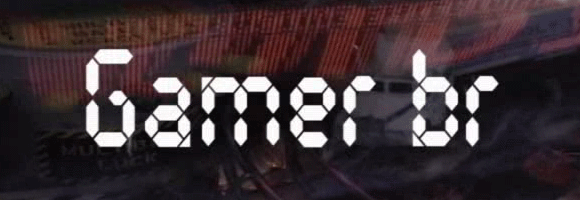↑BUDKA, PHILIPP AND ↑MANFRED KREMSER. 2004. “↑CyberAnthropology—Anthropology of CyberCulture” [.pdf | 715KB], in Contemporary issues in socio-cultural anthropology: Perspectives and research activities from Austria edited by S. Khittel, B. Plankensteiner and M. Six-Hohenbalken (eds.), pp. 213-226. Vienna: Loecker.
This article investigates the historical development, the major theories and the ethnographic domains of an anthropology of cyberculture. In doing so, the authors use Arturo Escobar’s influential paper on cyberanthropology, written in 1994, and connect potential research questions posed in this text with research projects recently conducted at the Viennese Department of Social and Cultural Anthropology. The authors conclude that the anthropology of cyberculture is not a new sub-discipline of socio-cultural anthropology, but a new field of inquiry with clear-cut domains and areas of ethnographic research.



